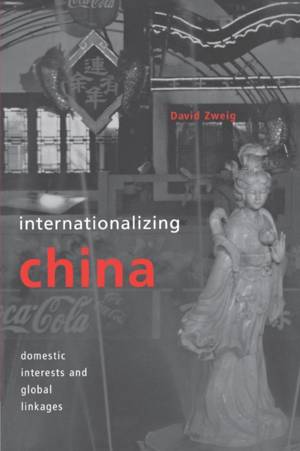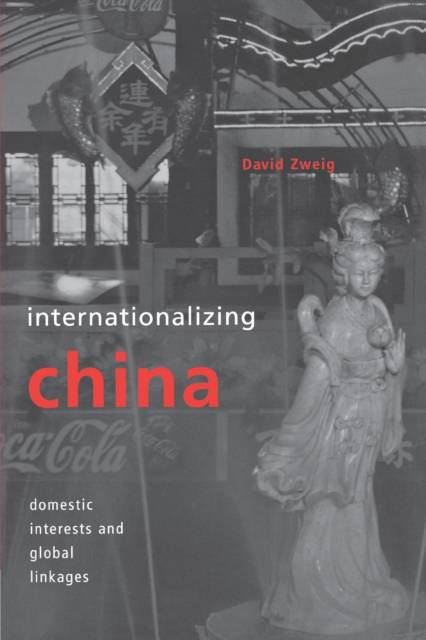
- Retrait gratuit dans votre magasin Club
- 7.000.000 titres dans notre catalogue
- Payer en toute sécurité
- Toujours un magasin près de chez vous
- Retrait gratuit dans votre magasin Club
- 7.000.0000 titres dans notre catalogue
- Payer en toute sécurité
- Toujours un magasin près de chez vous
Description
China began opening to the outside world in 1978. This process was designed to remain under the state's control. But the relative value of goods and services inside and outside China drove cities, enterprises, local governments, andindividuals with comparative advantage in international transactions to seek global linkages. These contacts, David Zweig asserts, led to the deregulation of China's mercantilist regime. Through extensive field research, Zweig surveys the extraordinary changes in four sectors of China's domestic political economy: the establishment of developmentzones, rural joint ventures, the struggle over foreign aid and higher education. He also addresses the crucial question of whether, on balance, internationalization weakens or strengthens state power.
Spécifications
Parties prenantes
- Auteur(s) :
- Editeur:
Contenu
- Nombre de pages :
- 320
- Langue:
- Anglais
- Collection :
Caractéristiques
- EAN:
- 9780801487552
- Date de parution :
- 10-06-02
- Format:
- Livre broché
- Format numérique:
- Trade paperback (VS)
- Dimensions :
- 156 mm x 234 mm
- Poids :
- 449 g

Les avis
Nous publions uniquement les avis qui respectent les conditions requises. Consultez nos conditions pour les avis.






